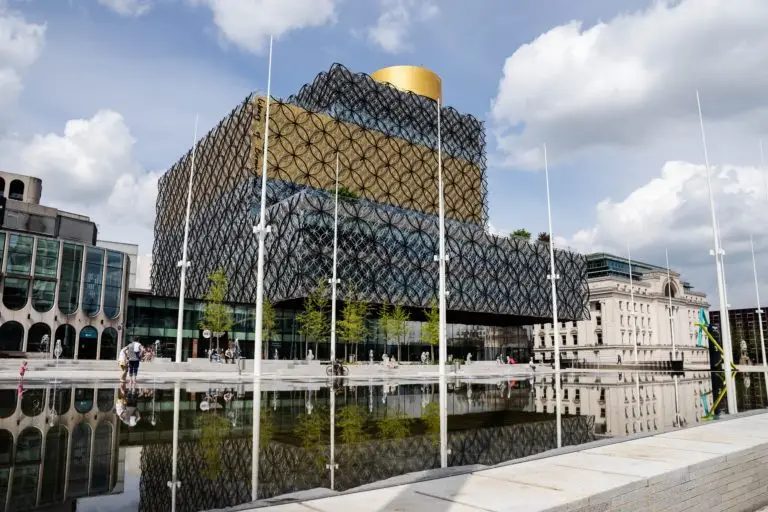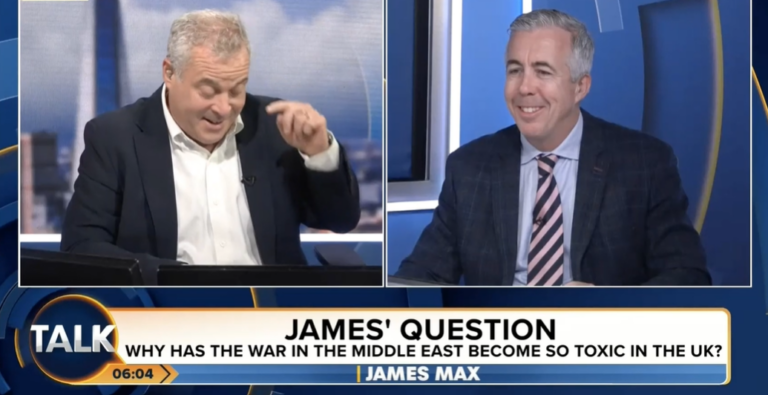For statisticians, this week’s publication of 2021 census population data has been a boon. The headline measures showed the population of England and Wales has grown by 6% in the past decade, with the population of the UK set to break the 70 million mark in the next five years.
However, in Birmingham, the census data highlighted a new milestone. It is only in 2021 that Birmingham has surpassed its 1951 population peak of 1,113,000 residents.
The easy – and lazy – analysis, is to refer to industrial decline in the West Midlands as an explanation for stagnant or falling population growth. In reality, it is more complex, and partly a deliberate strategy to ‘level-up’ the north of England (although the phrase was yet to be coined).
Between 1951 and 1966, Birmingham was second only to London for job creation. Household incomes were 13% above the national average and a booming service sector was starting to replace traditional manufacturing.
At the same time, in the north of England – as well as Scotland and Wales – economies were stagnating. Birmingham quickly became ‘too large, too prosperous, and had to be held in check’ by the Government.
The Labour Government of 1964 sought ‘to control the growth of office accommodation in Birmingham and the rest of the Birmingham conurbation before it got out of hand’ through the Control of Office Employment Act – effectively banning all office development in the city for 20 years.
Instead, the dispersal of economic activity – to ‘development areas’ – was encouraged and a West Midlands Plan, commissioned by the Government, set Birmingham a population target of 990,000 by 1960 – almost 200,000 fewer than 1951.
By 1957 Birmingham City Council had accepted that it was obliged ‘to restrain the growth of population and employment potential within the city.’ An unthinkable policy by today’s standards and one with damaging long-term implications.
Since the 1990s, Birmingham City Council and others have been making up for lost time – bringing forward unprecedented office accommodation and employment land, as well as new homes. The city has enjoyed a decade of expansion and relative economic success.
This success is underpinned by Europe’s youngest population, as well as major investment in infrastructure projects like HS2, and cultural attractions such as the Commonwealth Games.
The UK now faces a renewed Government focus on levelling-up the north of England – the so-called Red Wall. Parts of the Midlands are referenced in this policy, but places like Birmingham, Coventry and other more successful (and less Conservative) areas of the West Midlands conurbation struggle to break into the Government’s thinking.
London and the South East – the powerhouse of the UK economy, and the Conservative Party’s traditional stronghold – is unlikely to see long-term restrictions on growth.
As a result, with a stagnating economic landscape – and a political agenda now addicted to ‘quick wins’ – levelling-up the north is more likely to be achieved at the expense of the Midlands. Investment destined for Birmingham or Coventry could yet be re-directed to Darlington, Halifax, Stoke, or Bolton.
Birmingham’s experience of the 1950s and 1960s shows us that little can be gained long-term from re-distributing growth within the UK. If levelling-up is to be a genuine success all regions should be given the tools to flourish.
Reference: LSE Centre for Economic Performance, Booming Birmingham and the need for rebalancing: http://spatial-economics.blogspot.com/2013/05/booming-birmingham-and-need-for.html





